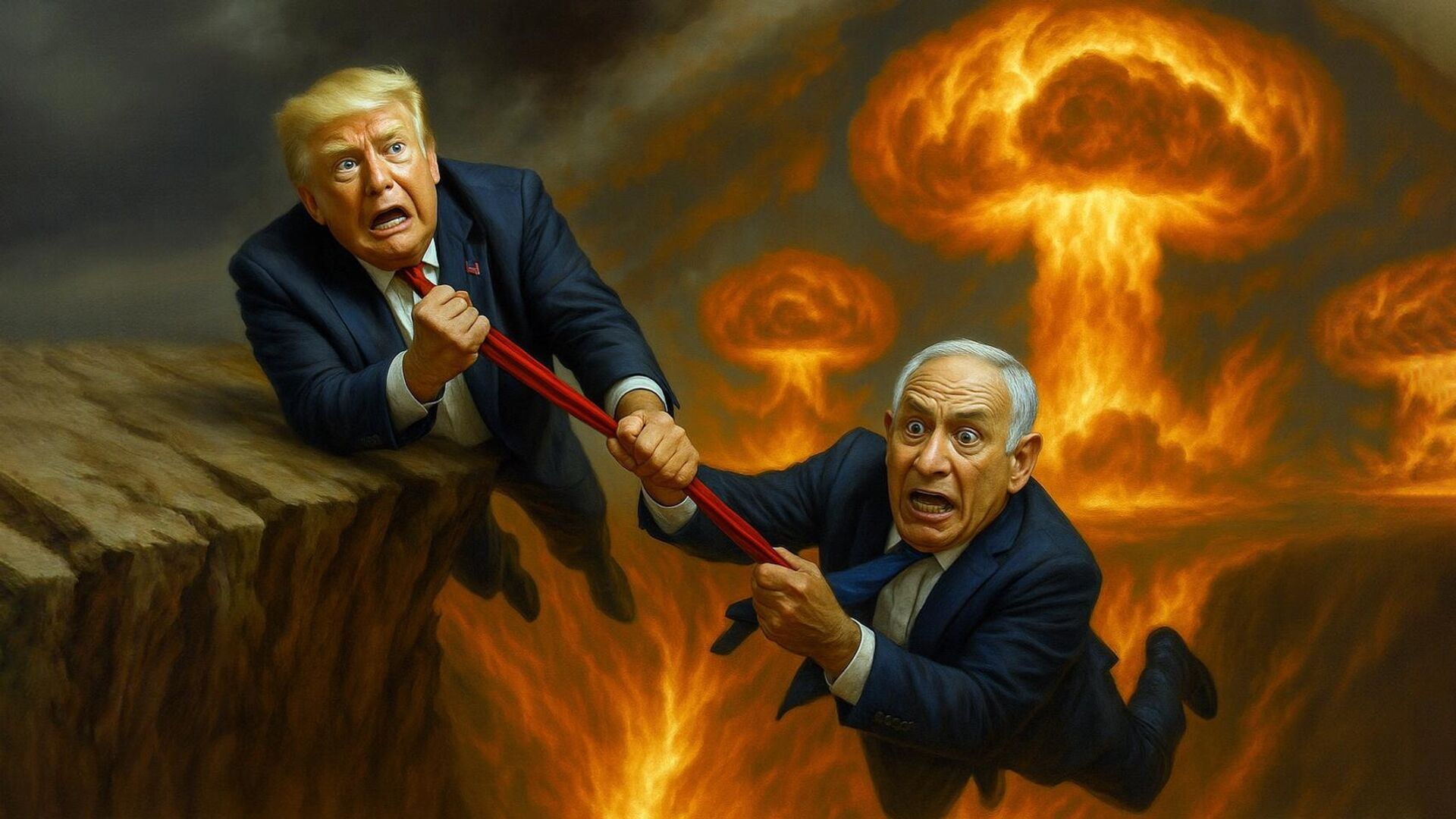Recent United States military strikes against three Iranian nuclear facilities reportedly occurred after significant internal pressure on President Donald Trump, according to an analysis by Russian state news agency RIA Novosti. The report suggests that this action represents a deviation from President Trump's preferred approach of using strong rhetoric while avoiding direct military escalation, indicating a heightened risk of wider conflict.
The article, authored by Irina Alksnis and published on June 22, claims that President Trump had sought to manage the situation by "ratcheting up harsh rhetoric while dragging his feet on radical decisions." However, it states that proponents of military action, described by the outlet as "American 'hawks' and the Israeli lobby in Washington," successfully advocated for the bombing, overcoming opposition from "conservative-isolationists" and elements of the "American left-wing" described as anti-Israel.
According to the RIA Novosti piece, the White House is reportedly attempting to prevent further escalation. It cites "insider" information suggesting the US notified Iran in advance of the strikes, assuring Tehran it was a one-time act and not the beginning of a "war for regime change" while simultaneously urging a return to negotiations on the nuclear deal.
The analysis posits that Iran faces a difficult choice, as a lack of response could be interpreted as weakness and invite further pressure, while a significant retaliatory strike could draw the US deeper into a full-scale war. The article suggests that those who pushed for the strikes, characterized by RIA Novosti as politically opposed to Trump and favoring globalist policies, aim to exploit the situation to weaken his domestic support and potentially push for regime change in Iran, possibly involving Reza Pahlavi, the son of the last Shah.
RIA Novosti concludes that the situation is precarious, with the US now more deeply involved and the chances of avoiding a wider conflict diminishing.
Photo: Source
